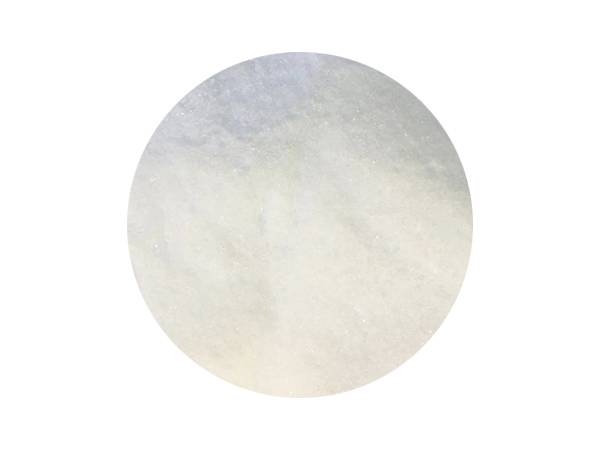



sodium hypochlorite uses
The Versatile Uses of Sodium Hypochlorite
Sodium hypochlorite (NaOCl) is a powerful chemical compound that has remained a vital tool in various industries and households due to its disinfectant and bleaching properties. Derived from salt, sodium hypochlorite is a chlorine compound found in numerous cleaning products and solutions. Its versatility makes it indispensable across many applications, ranging from sanitation to water treatment. In this article, we will explore the various uses of sodium hypochlorite, highlighting its importance in ensuring safety, hygiene, and cleanliness.
1. Water Treatment
One of the primary uses of sodium hypochlorite is in the treatment of drinking water. It plays a crucial role in disinfection processes, effectively killing bacteria, viruses, and other pathogens present in water. By adding sodium hypochlorite to water supplies, municipalities can ensure that the water is safe for human consumption. The compound's strong oxidizing properties allow it to eliminate contaminants that may lead to waterborne diseases, making it essential for public health.
2. Disinfection and Sanitization
In both residential and commercial cleaning, sodium hypochlorite is a prominent ingredient in various disinfectants and sanitizers. Its effectiveness in killing germs makes it a go-to solution in hospitals, schools, and public facilities, where maintaining high levels of cleanliness is paramount. Sodium hypochlorite can be used on surfaces, medical equipment, and within laundry processes to eliminate pathogens, reduce the risk of infection, and create a safe environment for all.
3. Household Cleaning
Beyond industrial applications, sodium hypochlorite is widely used in household cleaning products. Many bleach products contain this compound, which can be employed to whiten clothes, remove tough stains, and eliminate odors. However, while sodium hypochlorite is effective against dirt and stains, it is essential to use it with caution. Proper dilution and guidelines must be followed to avoid damaging fabrics or surfaces, and users must always ensure good ventilation when using bleach-based products.
4. Pest Control
.sodium hypochlorite uses

Sodium hypochlorite has found applications in pest control as well. Its use in fumigation processes can help eliminate not only pests but also their eggs and larvae. This is particularly beneficial in food storage and agricultural settings, where maintaining a pest-free environment is critical for ensuring crop quality and safety. However, caution must be exercised when using sodium hypochlorite, as the compound can be harmful to certain beneficial insects and the environment if not managed properly.
5. Textile and Paper Industry
In the textile industry, sodium hypochlorite is commonly used for bleaching fabrics and improving color brightness. Its ability to break down color compounds makes it an ideal choice for processing cotton, linen, and other textiles. Similarly, in the paper industry, sodium hypochlorite is employed as a bleaching agent to produce white paper products. This not only enhances the aesthetic appeal of the final products but also ensures the removal of impurities.
6. Odor Control
Sodium hypochlorite is effective in controlling unpleasant odors, particularly in waste treatment facilities and sewage systems. Its strong oxidizing ability eliminates the microorganisms responsible for foul smells, providing a cleaner and more pleasant environment. This aspect is particularly crucial in maintaining the health and safety of workers in these industries.
7. Food Processing
In the food industry, sodium hypochlorite is utilized for sanitizing equipment, surfaces, and food products. Its effectiveness in reducing microbial load helps in complying with health regulations and ensuring food safety. For fruits and vegetables, a diluted sodium hypochlorite solution is often used to wash away contaminants, providing an extra layer of safety before they reach consumers.
Conclusion
Sodium hypochlorite is undoubtedly a workhorse in various fields, from sanitation and water treatment to industrial applications and household cleaning. Its effectiveness as a disinfectant and bleach makes it a critical component for ensuring safety and hygiene. However, due to its potency, it must be handled with care and respect. As we continue to rely on sodium hypochlorite for various purposes, understanding its properties and applications will help in maximizing its benefits while minimizing any potential risks to health and the environment.
-
Why Sodium Persulfate Is Everywhere NowNewsJul.07,2025
-
Why Polyacrylamide Is in High DemandNewsJul.07,2025
-
Understanding Paint Chemicals and Their ApplicationsNewsJul.07,2025
-
Smart Use Of Mining ChemicalsNewsJul.07,2025
-
Practical Uses of Potassium MonopersulfateNewsJul.07,2025
-
Agrochemicals In Real FarmingNewsJul.07,2025
-
Sodium Chlorite Hot UsesNewsJul.01,2025










